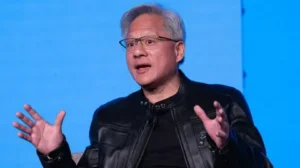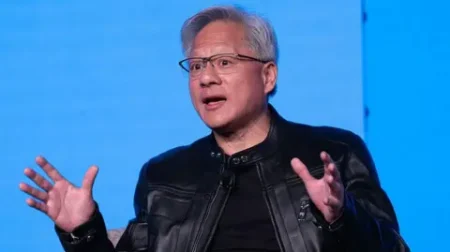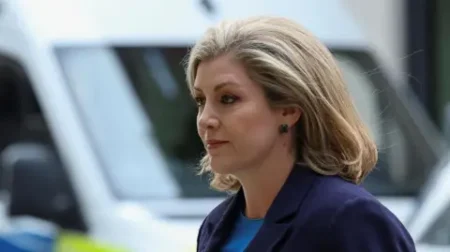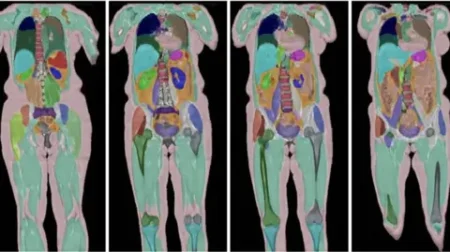In a candid interview with the BBC, U.S. President Donald Trump expressed his ongoing yet complicated relationship with Russian President Vladimir Putin, stating he feels “disappointed but not done” with him. This statement comes shortly after Trump announced new measures, including sending weapons to Ukraine and implementing severe tariffs on Russia if a ceasefire agreement is not reached within 50 days. These comments reflect the heightened tensions resulting from the ongoing conflict in Ukraine, with Russia’s recent intensified attacks on Ukrainian cities leading to record civilian casualties.
During the exclusive phone conversation, which lasted approximately 20 minutes, Trump revealed his general distrust of foreign leaders, stating, “I trust almost no one.” The interview came on the heels of discussions regarding a potential longer engagement with the media, marking one year since an assassination attempt during a campaign rally in Butler, Pennsylvania. Reflecting on that traumatic experience, Trump chose to minimize its impact on himself, noting, “I don’t like to think about if it did change me,” as he preferred to avoid dwelling on it too much.
The Oval Office discussion further delved into Trump’s disillusionment with Putin, indicating that he had previously anticipated a resolution with the Russian leader several times in the past. When directly asked if he was “done” with Putin, Trump reiterated his disappointment, stating, “I’m disappointed in him, but I’m not done with him.” This ambivalence appears to encapsulate the complexities surrounding international relations, especially in light of Russia’s continued aggression.
Trump’s method of addressing the ongoing conflict included a vague promise of ongoing negotiations with Putin, but he was candid enough to express frustration with unpredictability, saying, “We’ll have a great conversation… and then he’ll knock down a building in Kyiv.” This metaphor illustrates the inconsistency in diplomatic engagements and the difficulties faced in achieving peace.
Moreover, the conversation shifted to the topic of NATO, which Trump had previously characterized as outdated. Contrary to his earlier sentiments, during this interview, he expressed support for the alliance, affirming the importance of mutual defense among member nations. He noted that NATO countries are now beginning to “pay their own bills,” which he considers a positive development that changes his perception of the organization.
Trump also reflected on his interactions with foreign leaders, noting that leaders from nations such as Germany, France, and Spain have come to “respect” him due to his repeated electoral success. His confidence in diplomatic dialogue was evident when he suggested that while world leaders may display flattery, he believes it’s “just trying to be nice.”
The topic of the United Kingdom also emerged during the conversation, with Trump sharing his admiration for the country, saying that he owns property there. He described Brexit as being “on the sloppy side” but expressed optimism that things are getting resolved. Although differentiating political views, he expressed fondness for UK Labour leader Sir Keir Starmer, calling him a “great candidate,” while also praising the UK-US trade relationship.
Looking ahead, Trump announced plans for a second unprecedented state visit to the UK in September. He emphasized the significance of this visit by highlighting his desire to honor King Charles III, whom he described as a “great gentleman.” Overall, Trump’s statements during this interview reflect a multifaceted approach to foreign relations, juxtaposing commendation of international allies with disappointment in adversarial engagements, primarily exuding a resolute albeit cautious confidence towards overcoming geopolitical discord.









